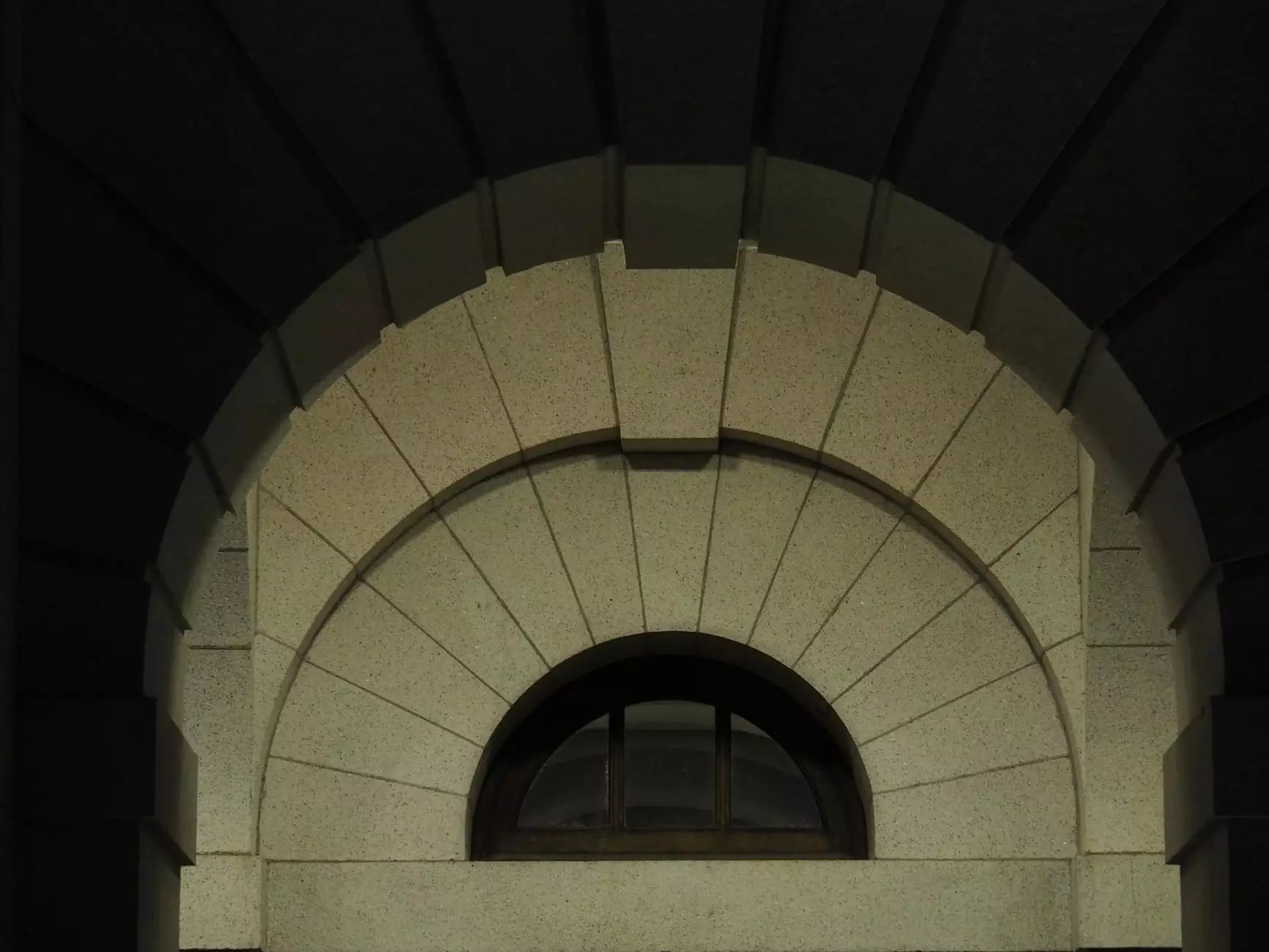The Future of Hair Restoration: Exploring the Potential of Hair Cloning

In recent years, the quest for effective solutions to combat hair loss has become a priority in the fields of health and medical aesthetics. Hair cloning, a cutting-edge innovation, has emerged as a beacon of hope for millions suffering from hair thinning and baldness. This article delves into what hair cloning is, how it works, and its implications for the future of hair restoration.
Understanding Hair Cloning
Hair cloning refers to a revolutionary technique that aims to regenerate hair follicles by using a patient’s own cells. Unlike traditional hair transplants, which involve relocating existing hair follicles, hair cloning involves the proliferation of hair follicle stem cells in a lab environment, which can then be reintroduced into the scalp to promote hair growth.
The Science Behind Hair Cloning
The process of hair cloning centers around the dermal papilla cells, which play a crucial role in hair follicle development. These cells are key to the hair growth cycle and are capable of producing new hair follicles. The cloning process typically includes the following steps:
- Extraction of Dermal Papilla Cells: A small number of hair follicles are painlessly harvested from the patient's scalp.
- Cell Culture: The harvested cells are introduced into a controlled laboratory environment conducive to growth, where they replicate into thousands of new dermal papilla cells.
- Reinjection: The replicated cells are then injected back into the scalp, where they encourage existing follicles to become active or stimulate new follicle development.
Benefits of Hair Cloning
One of the most significant benefits of hair cloning is that it uses a patient's own cells, greatly minimizing the risk of rejection or allergic reaction. Additionally, hair cloning presents numerous advantages compared to conventional hair restoration methods:
1. Natural-Looking Results
The cloned hair follicles grow naturally, blending seamlessly with existing hair. Patients can achieve full, thick hair without the tell-tale signs of transplant surgery.
2. Permanent Solution
Unlike topical treatments or medications that require ongoing use, hair cloning offers a long-lasting solution. The newly formed hair follicles have the potential to grow hair for a lifetime.
3. Higher Density of Hair Growth
With hair cloning, the ability to produce a large number of follicles from a small sample means that patients can achieve a higher density of hair, covering larger areas of the scalp effectively.
4. Minimally Invasive Procedure
Hair cloning is a minimally invasive procedure with little to no downtime, allowing patients to return to their daily activities almost immediately.
The Impact of Hair Cloning on the Hair Restoration Industry
As hair cloning technology continues to advance, its impact on the hair restoration market cannot be overstated:
- Market Growth: The rising prevalence of hair loss conditions has generated increasing demand for effective treatments, making hair cloning a lucrative segment in the health and medical industry.
- Innovation in Techniques: Continuous research and development in cloning techniques are leading to more affordable and accessible solutions for patients globally.
- Increase in Awareness: Educational campaigns are helping raise awareness of hair cloning as a viable option, leading to greater acceptance and demand.
Current Limitations and Future Prospects
Despite the promising potential of hair cloning, there are still challenges that need to be addressed:
1. Technological Hurdles
The process of hair cloning is complex and requires advanced technology and expertise, which can limit availability and increase costs.
2. Regulatory Approval
As a relatively new treatment option, hair cloning therapies are still undergoing research and regulatory approval to ensure their safety and efficacy.
3. Public Perception
As with any emerging technology, patient education and acceptance will be crucial. People must be well-informed about the procedure, potential outcomes, and realistic expectations.
Wrapping Up: A New Era for Hair Restoration
As technology advances, hair cloning represents a groundbreaking option for those struggling with hair loss. It demonstrates the incredible potential of regenerative medicine to transform lives and restore confidence. Hair restoration professionals and patients alike eagerly await the widespread availability of this innovative treatment, which could redefine the landscape of hair loss solutions.
Considering Hair Cloning?
If you are in need of hair restoration options, consider contacting a professional treatment center specializing in hair cloning. The experts at hairtrans.net can guide you through your options and help determine the best pathway for your hair restoration journey.
Frequently Asked Questions (FAQs)
1. Is hair cloning safe?
Yes, hair cloning is considered safe as it utilizes the patient's own cells, minimizing the risk of complications.
2. How long does the hair cloning process take?
The entire process may vary but generally takes a few hours for extraction, culture, and re-injection, with full visible results taking several months.
3. Does hair cloning guarantee 100% hair growth?
While many patients experience significant hair growth, individual results may vary based on factors such as overall health and the severity of hair loss.
4. Can anyone get hair cloning?
Most individuals experiencing hair loss can be candidates for hair cloning, but it is essential to consult a medical professional to evaluate individual cases.
5. How can I learn more about hair cloning?
For detailed information and guidance, visit hairtrans.net to explore the services offered and read more about hair cloning.
Hair cloning stands on the brink of revolutionizing hair restoration. As we progress into the future, it promises to not only improve the aesthetics of those facing hair loss but also boost their self-esteem and overall quality of life.









